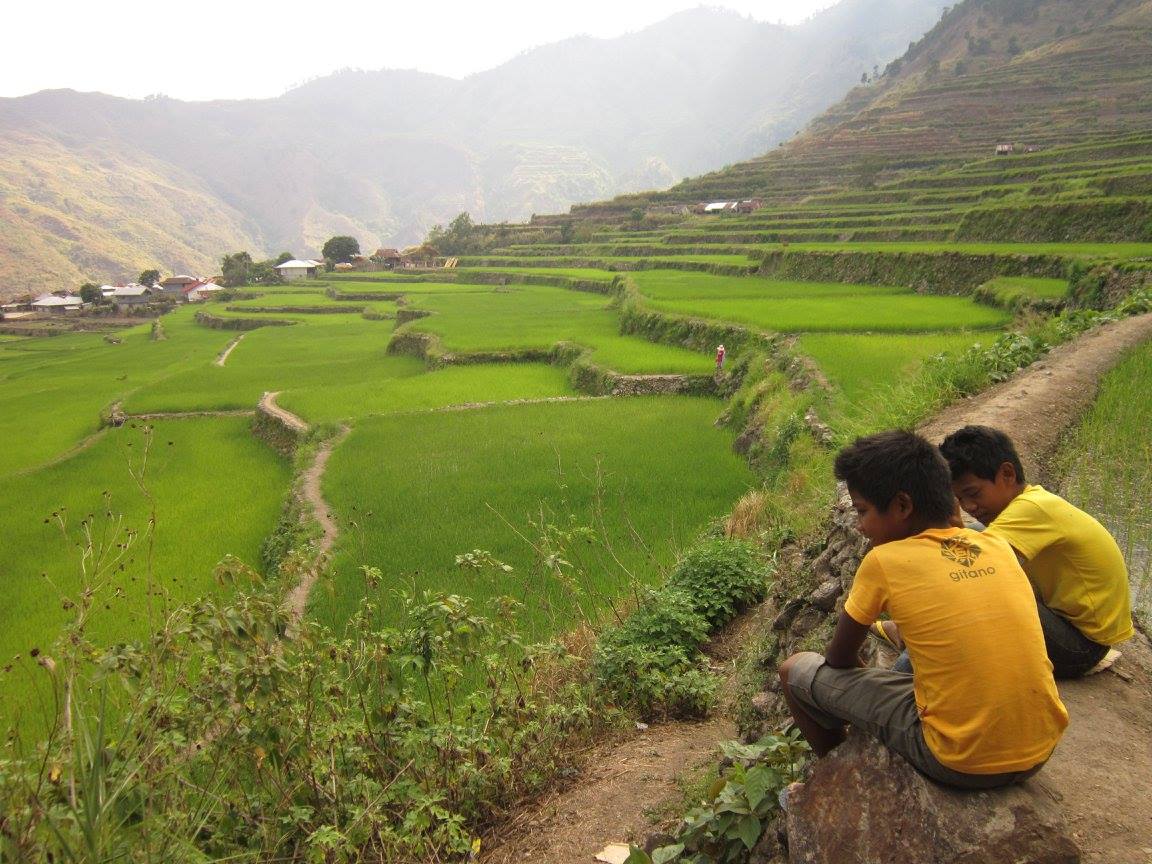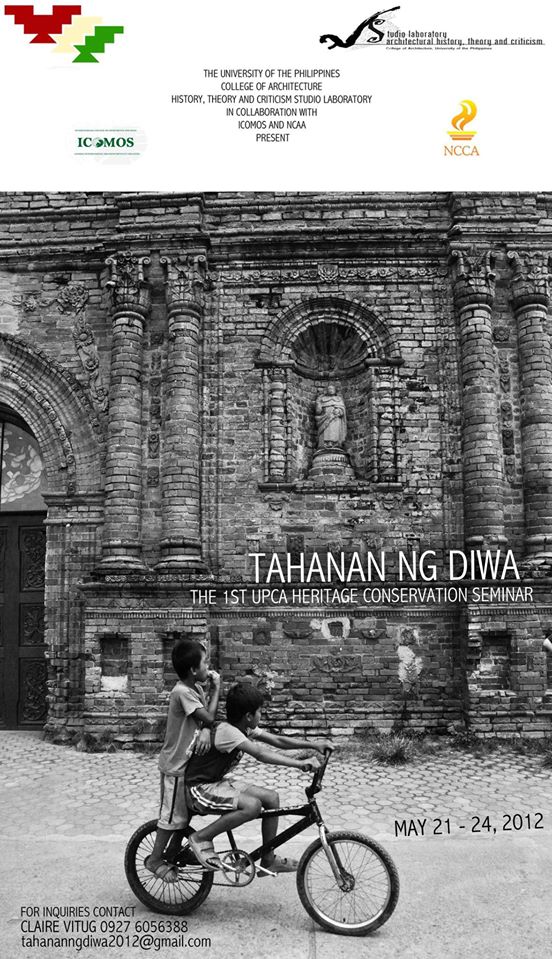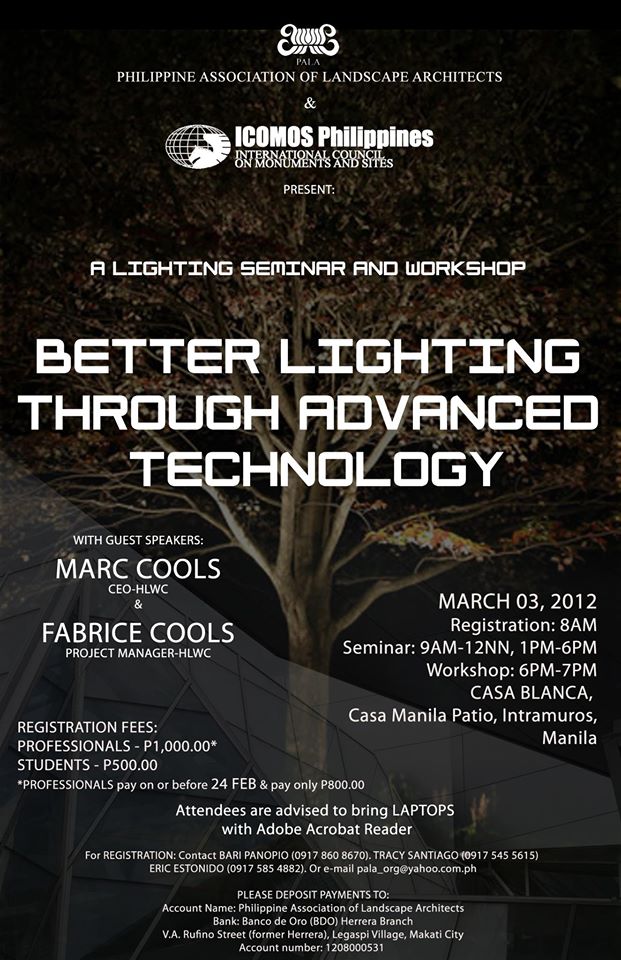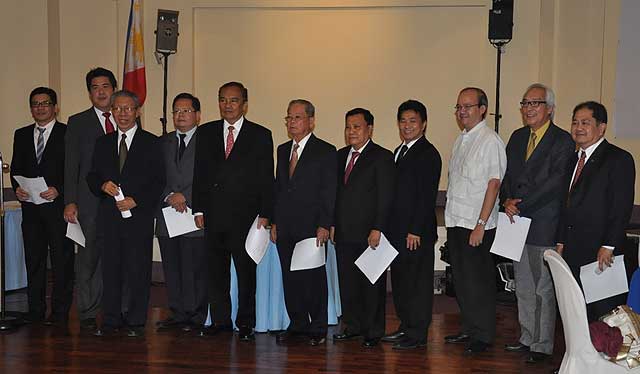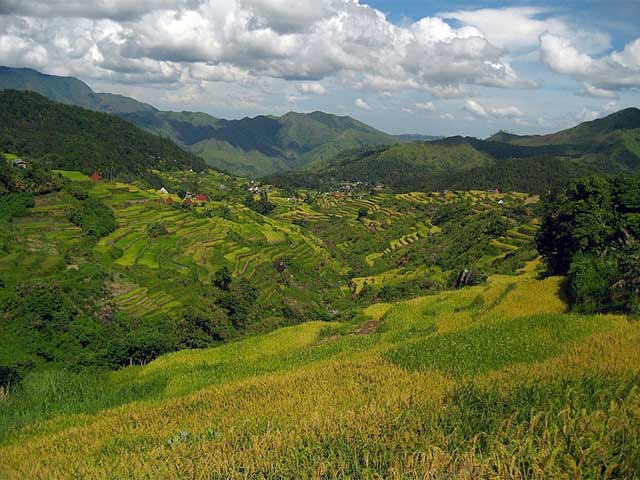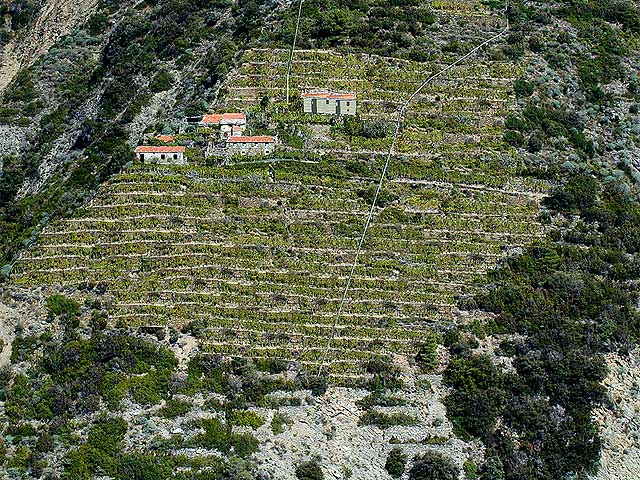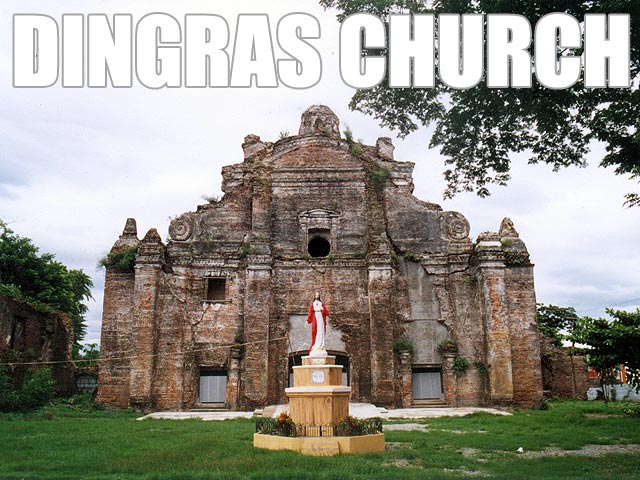ICOMOS ICTC VIGAN CONFERENCE ON CULTURAL TOURISM
Cultural Tourism for Community Development
Vigan, Philippines November 5-10, 2012
The international seminar/workshop on cultural tourism organized by the ICOMOS International Scientific Committee on Cultural Tourism (ICTC) will be held at the City of Vigan, Philippines on November 5-10, 2012. The event is organized by ICOMOS Philippines. Vigan is a historic city and World Heritage site located in the northern part of Luzon, Philippines. The city as venue for the seminar/workshop is most apt as it is an example of a WH site as an emerging tourism destination.
Through this event, expert members of ICTC will establish association with ICOMOS Philippines and representatives from developing countries of Asia and the Pacific to discuss present day issues on tourism and heritage. The topic on the benefits of community participation in conservation and cultural tourism programs as an essential aspect of cultural tourism will become the underlying theme of the seminar/workshop.
It is envisioned that the event will have a training component where students and participants from the Philippines including ICOMOS Philippines members and participants from developing countries, especially in Asia and the Pacific, will draw inspiration from the different case studies and presentations for adaption to Philippine, Asian and the ICTC members countries’ cultural tourism contexts. Thus, it will be an opportunity for Philippine ICOMOS members, students of Philippine universities, participants from these developing countries as well as ICTC members to learn from the exchanges and experiences shared during the presentations.
In this line, we are inviting case studies of actual projects done by ICTC members on the theme while a few case studies of actual situations on tourism in heritage sites are expected to come from Philippine ICOMOS members. The topic of ‘destination management’ as a presently relevant topic and will become one of its important sub-themes.
As actual case studies and projects are to be presented, it is encouraged that topics focus on the issue of community participation in cultural tourism. The following are the sub-themes that maybe considered within the context of community tourism, for the presentations and case studies:
1. Social and Economic Community development through sustainable cultural tourism
a. Sustainable Community-based tourism practices
b. Benefits of community participation in conservation and cultural tourism programs
c. Can join Economics of Tourism topics here
2. Values-based tourism
a. Culture and nature Interpretation for tourism
b. Information and education development for tourism
3. Economics of Tourism
a. Honing cultural industries as tourism by-products
b. Accommodations and home-stays development for economic development
c. Communities and stakeholders involvement in tourism activities
d. Government and/or NGOs initiatives in tourism
e. Ticketing and tour packaging of heritage sites for tourism
4. Challenges and concerns of Tourism in Heritage Sites
a. Tourism in-flux and its effects on heritage sites
b. Over development and build-up outcomes in heritage sites
c. Management of tourism destinations
5. Promotions and Marketing of Heritage for tourism
a. Experiences and good practices in the marketing of heritage sites
b. Challenges in marketing and advertisement of hard to sell heritage sites
c. Enhancing heritage for tourism (facilities development, heritage information enhancement, etc)
Call for Abstracts
Abstract submission
Abstract submissions are required for the sessions and individual papers. A one-page abstract that includes a brief outline explaining the content of the presentation is encouraged.
Deadline for abstracts shall be June 30, 2012
Selected papers shall be announced through the seminar/workshop website.
To afford time for printing and incorporation into a seminar/workshop booklet/ brochure, submission of final papers shall be no later than July 31, 2012. This shall include a power point presentation that will cover no more than 20 minutes.
Abstracts should be sent to:
Ma. Joycelyn B. Mananghaya
E-mail: jbmananghaya@yahoo.com
For registration to the conference:
E-mail: info@icomosphilippines.com
For more details, visit the ICTC Meeting Vigan 2012 page.
